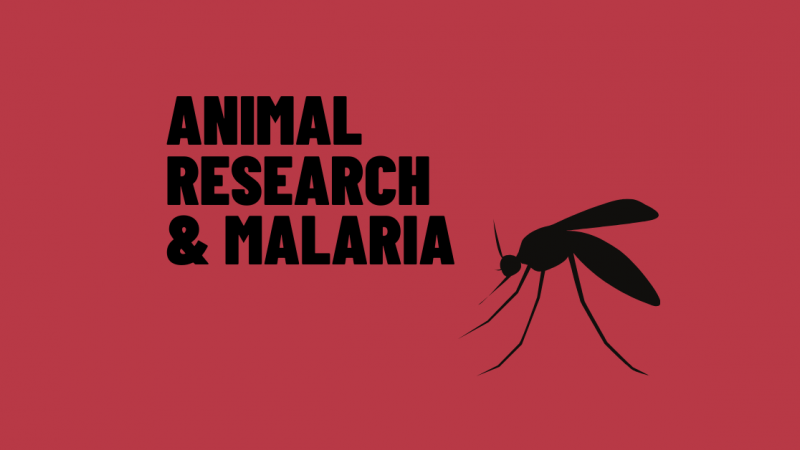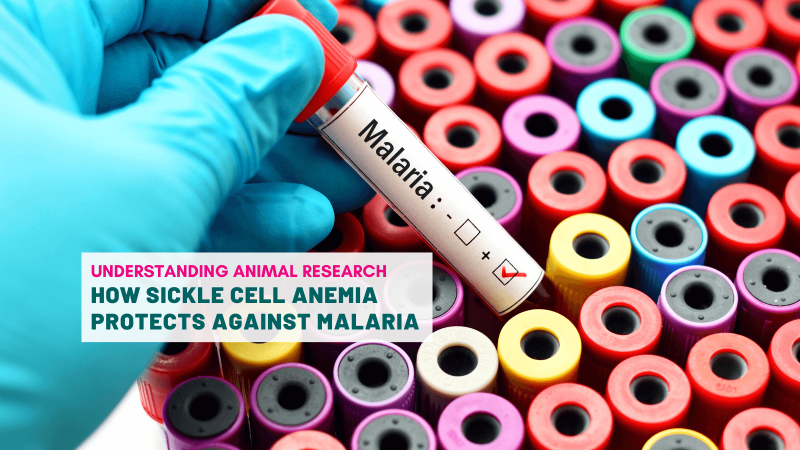10 important facts about Malaria
This World Malaria Day, April 25th, we need to remember the global significance of this life-threatening disease.
- Malaria is a life-threatening disease caused by parasites that are transmitted to people through the bites of infected mosquitoes.
- According to the Bill and Melinda Gates Foundation, in 2010 more than 200 million people were infected with malaria, resulting in 655,000 deaths.
- Non-immune travellers from malaria-free areas like the UK are extremely vulnerable to the disease when they get infected. In 2010 singer Cheryl Cole became dangerously ill after contracting malaria whilst on holiday in Africa.
- The disease is under control in many high income countries due to aggressive prevention measures and effective monitoring. However, changes in global climate may allow the disease to return to areas that is has previously been eliminated from, including Europe and large parts of the United States.
- Malaria was officially eliminated from Greece in 1974. The only reported cases were those of travellers returning from abroad. In 2012 however there were nearly 30 instances of Malaria being caught inside the country.
- China and East Asia provide 90% of the raw material for artemisinin, currently the most effective anti-malarial drug on the market. Between 2005 and 2008 the market price for artemisinin fluctuated between $120 and $1200 per kilogram, resulting in an unstable supply chain and making these drugs the most expensive malaria treatments in the world.
- Historically, researchers have used birds to study the malaria parasite and develop key medications, such as chloroquine. Today, monkeys and rodents play a key role in the discovery and development of anti-malarial drugs. As a result of this and on-going research, malaria is both preventable and curable.
- Malaria parasites have developed resistance to many commonly used drugs, including chloroquine and artemisinin, and this resistance is spreading fast. As a result there is a desperate need for new medicines that remain effective against malaria.
- A large number of compounds are being tested for usefulness as anti-malarial drugs. In March 2013 an American research team reported that ‘ELQ-300’ was highly effective at preventing the spread of malaria in pre-clinical mouse trials. In addition, ELQ-300 did not generate drug-resistant strains of the malaria parasite, and would be far cheaper to produce than current treatments.
- Despite the need, no effective vaccine currently exists, although research is on-going. A cheap malaria vaccine purified from the milk of genetically modified mice has protected monkeys against the disease. Only one of five immunised animals contracted the disease, compared with six out of seven unvaccinated monkeys.
Last edited: 29 July 2022 10:38



